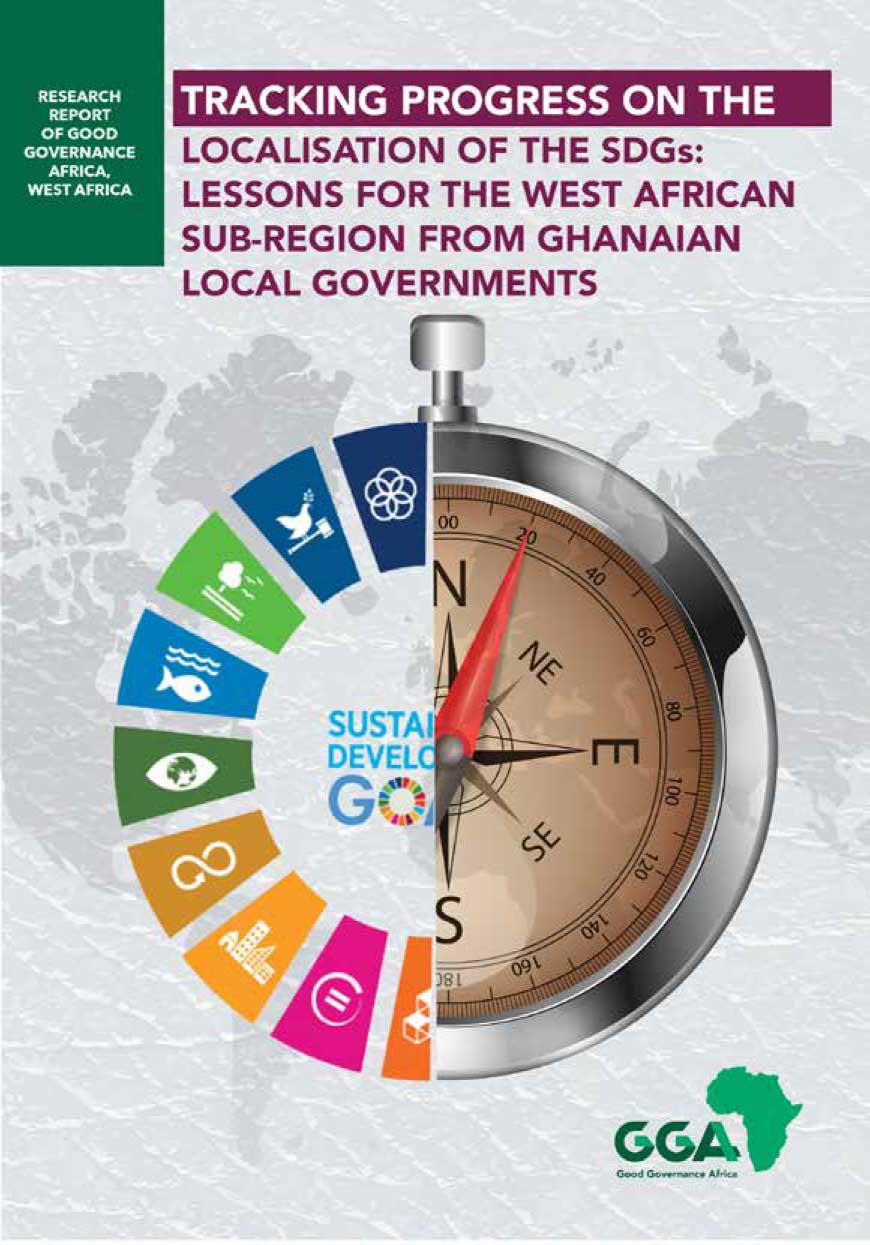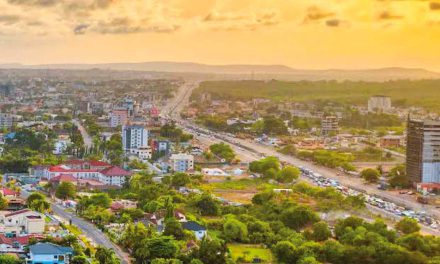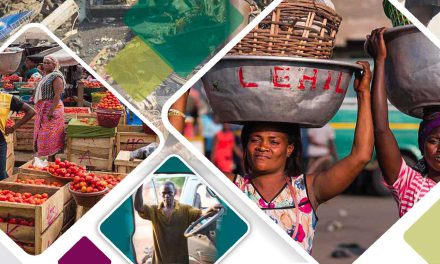
The Sustainable Development Goals (SDGs) represent ambitious and bold initiatives to holistically deal with ecological, social and economic dimensions of development. The 17 goals and accompanying 69 targets represent the international community’s collective resolve to tackle humanity’s challenges such as poverty, hunger, exclusion and environmental sustainability.
The SDGs require coordinated efforts at the local, national and international levels of governance to be implemented successfully. Ghana adopted the SDGs in 2015 and expressed its commitment to vigorously pursue the goals as agreed upon. To implement the SDGs however, the government of Ghana has to put in place strategies that will mainstream the goals into sectoral and local development plans. Fortunately, Ghana has a decentralised governmental structure that would aid in promoting the effective localisation of the SDGs.
This study seeks to unpack the extent to which Ghana is actualising the SDGs within its decentralised governance system, identify challenges to the implementation of the SDGs and recommend measures based on the findings for advocacy and policy implementation.











